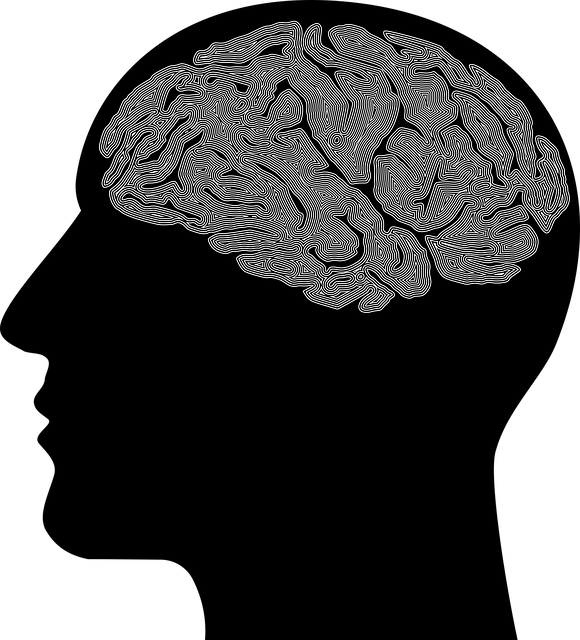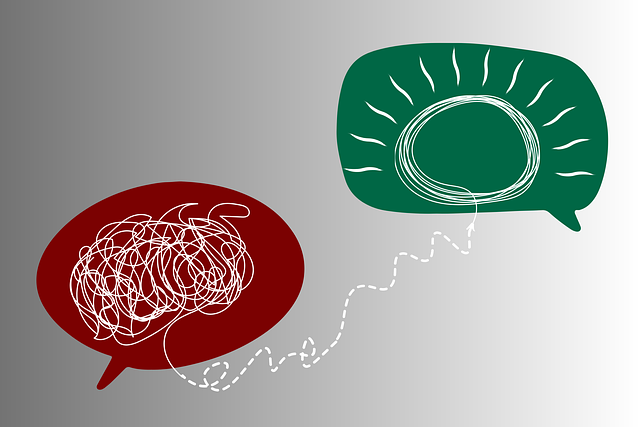Chronic stress can lead to serious health issues, but Boulder Acceptance and Commitment Therapy (ACT) offers a solution by teaching individuals to accept their experiences and commit to actions aligned with their values. ACT encourages mindfulness, helping people observe thoughts and emotions without judgment. By combining this approach with lifestyle changes like regular exercise, meditation, and balanced diets, individuals can effectively manage stress, enhance well-being, and improve overall mental health. Incorporating ACT principles along with relaxation techniques and journaling promotes resilience and emotional balance, making it a powerful tool for stress reduction in today's fast-paced world.
Stress reduction is a vital aspect of maintaining overall well-being, and exploring effective methods can significantly enhance our quality of life. This article guides you through a comprehensive journey to uncover powerful tools for managing stress. We delve into the profound impact of chronic stress and introduce you to innovative approaches like Boulder Acceptance and Commitment Therapy (ACT), a game-changer in mental health. Additionally, discover mindfulness techniques, lifestyle adjustments, and unique strategies to integrate ACT with other relaxation practices for lasting stress relief.
- Understanding Stress and Its Impact
- Exploring Boulder Acceptance and Commitment Therapy (ACT)
- Mindfulness Techniques for Daily Practice
- Lifestyle Changes for Long-Term Stress Relief
- Integrating ACT with Other Relaxation Strategies
Understanding Stress and Its Impact

Stress is a natural response to demanding situations, but when it becomes chronic, it can have severe consequences for both mental and physical health. It’s crucial to understand that stress isn’t always negative; acute stress can enhance performance and focus, often referred to as the “fight or flight” response. However, prolonged exposure to stressful conditions without effective coping mechanisms can lead to a range of issues, from anxiety and depression to cardiovascular problems. This is where evidence-based practices like Boulder Acceptance and Commitment Therapy (ACT) prove invaluable.
ACT is a therapeutic approach that helps individuals accept their internal experiences rather than attempting to avoid or suppress them, fostering mental wellness. By cultivating awareness and mindfulness, ACT empowers people to take meaningful actions aligned with their values, thereby reducing the grip of stress and enhancing overall well-being. For those dealing with depression prevention, this therapy offers a unique perspective by encouraging individuals to embrace their thoughts and emotions without judgment, a technique that has been integrated into many mental wellness podcast series production, highlighting its accessibility and effectiveness. Additionally, healthcare provider cultural competency training can benefit from incorporating ACT principles to better support patients facing stress-related challenges.
Exploring Boulder Acceptance and Commitment Therapy (ACT)

Boulder Acceptance and Commitment Therapy (ACT) offers a unique approach to stress reduction by focusing on accepting what cannot be changed, while committing to actions that align with personal values. This therapeutic method encourages individuals to cultivate mindfulness, enabling them to observe their thoughts and emotions without judgment. By embracing this perspective, ACT helps people let go of the struggle against difficult feelings, fostering emotional healing processes.
Through ACT, individuals learn to engage in valued activities despite the presence of anxiety or stress. This involves developing a robust self-care routine that supports better mental health. By combining acceptance, mindfulness, and commitment, Boulder ACT provides effective tools for managing and reducing stress, ultimately promoting a more balanced and fulfilling life.
Mindfulness Techniques for Daily Practice

In today’s fast-paced world, incorporating mindfulness techniques into daily routines has become an essential practice for stress reduction. One effective approach is to embrace Mindfulness Meditation, a powerful tool that helps individuals cultivate present-moment awareness and calm their minds. This simple yet profound practice encourages folks to focus on their breath, bodily sensations, and thoughts without judgment, thereby fostering a sense of inner peace and clarity. For instance, the Boulder Acceptance and Commitment Therapy (ACT) program promotes this technique as a game changer in managing stress and anxiety.
Additionally, Compassion Cultivation Practices have gained prominence as a valuable addition to one’s self-care arsenal. By engaging in these practices, individuals can nurture a sense of kindness and empathy towards themselves and others, which is particularly beneficial for navigating life’s challenges. Incorporating communication strategies that promote active listening and empathetic expression further enhances the impact of mindfulness techniques, creating a supportive network that contributes to overall well-being.
Lifestyle Changes for Long-Term Stress Relief

Making lifestyle changes is a powerful strategy for long-term stress relief. This involves adopting habits that support both physical and mental health. Regular exercise, for instance, isn’t just about staying fit; it’s an excellent emotional regulation tool, releasing endorphins and reducing tension. A balanced diet and sufficient sleep are also crucial components of managing stress levels effectively. Incorporating practices like mindfulness meditation or yoga can further enhance emotional well-being promotion techniques, offering moments of calm amidst the chaos of daily life.
Boulder Acceptance and Commitment Therapy (ACT) offers a unique perspective on this journey. ACT encourages individuals to cultivate inner strength by accepting difficult thoughts and emotions without judgment. By focusing on values and taking meaningful actions, one can develop a sense of resilience that goes beyond external circumstances. This therapy is a holistic approach to stress reduction, promoting emotional balance and overall life satisfaction.
Integrating ACT with Other Relaxation Strategies

Combining Boulder Acceptance and Commitment Therapy (ACT) with other relaxation strategies can enhance overall stress reduction and mental wellness. ACT encourages individuals to accept their emotions and thoughts without judgment, fostering a sense of psychological flexibility. This acceptance is a foundation for integrating various relaxation techniques like Compassion Cultivation Practices, which promote self-kindness and empathy towards oneself and others. By practicing these together, one can develop a deeper connection with their feelings, cultivating resilience and a more balanced mindset.
Additionally, Mental Wellness Journaling Exercise Guidance can be a powerful tool when paired with ACT. Writing down thoughts and experiences allows for reflection and awareness, enabling individuals to identify triggers and patterns contributing to stress. This self-awareness is crucial for setting meaningful goals aligned with personal values, a key aspect of ACT. Through consistent practice, one can build resilience, making it easier to navigate challenging situations and maintain mental equilibrium.
Stress reduction is a holistic journey, and incorporating various techniques can lead to lasting well-being. From understanding the impact of stress to adopting mindfulness practices and lifestyle changes, this article has explored powerful tools like Boulder Acceptance and Commitment Therapy (ACT) as effective ways to navigate life’s challenges. By integrating ACT with other relaxation strategies, individuals can foster mental resilience and enhance their overall quality of life. Remember that finding personalized methods for stress reduction is key, allowing folks to embrace a more balanced and fulfilling existence.














